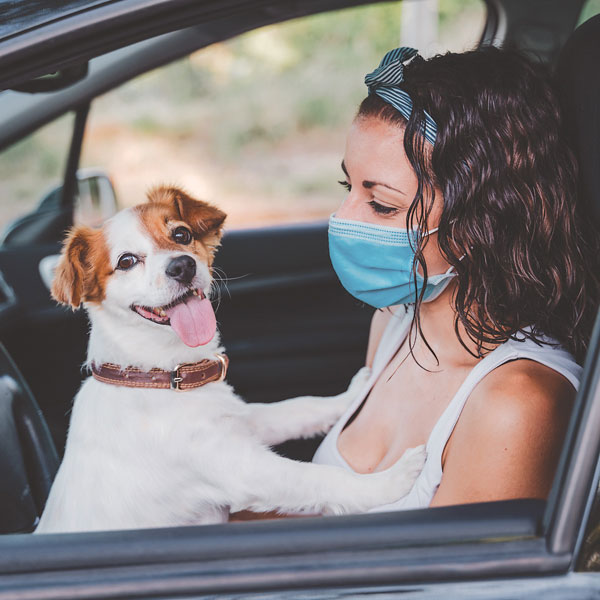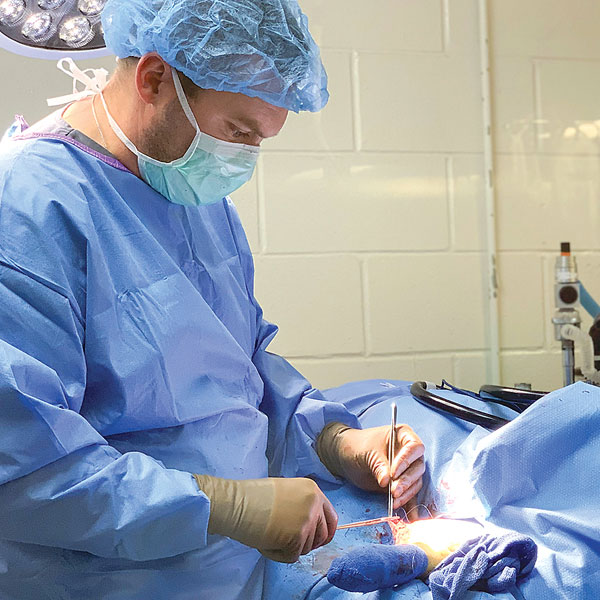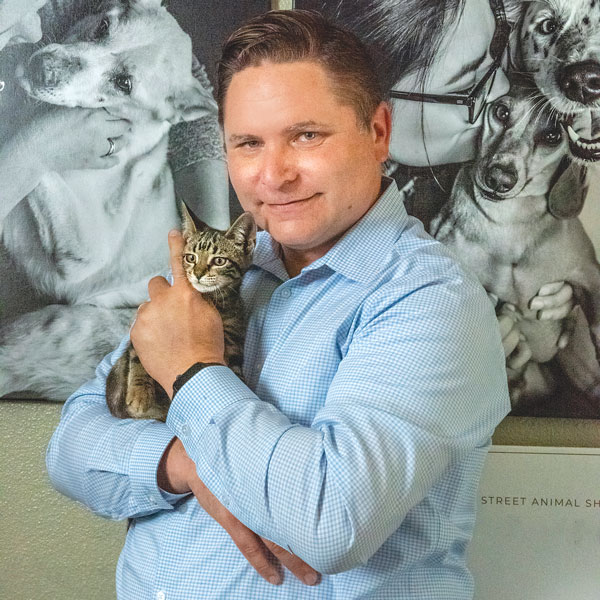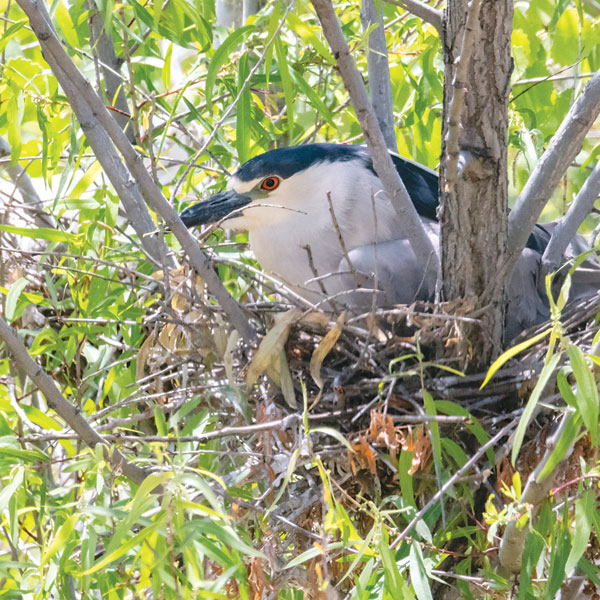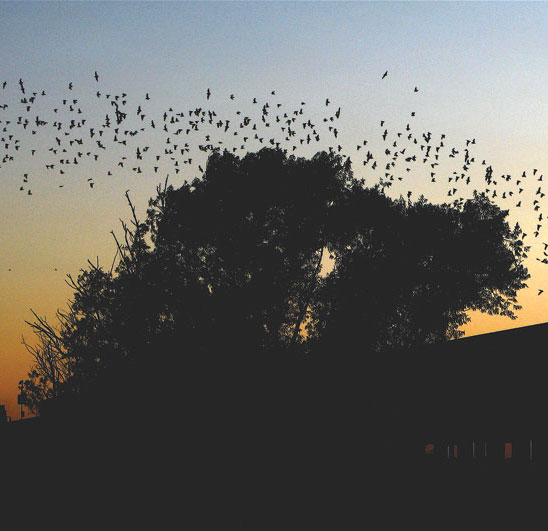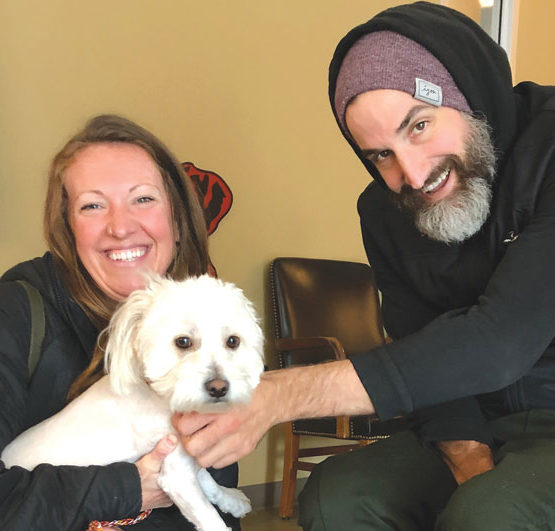
Oct 27, 2020
U.S. sales of pet products and services reached a record-breaking $95.7 billion in 2019, reports the American Pet Products Association, which releases a detailed roundup of how much the nation spends on companion animals each year. Of that total, vet care comes in at a whopping $29.3 billion, up from $18.1 billion in 2018.
Clearly, we love our pets. But, during this unprecedented pandemic, are we showing that same love for the health care workers—veterinarians, vet techs and other staff at local animal hospitals and clinics—who care for our four-legged critters?

Sep 27, 2020
“Why are Sacramento’s animal shelters overcrowded?” asks Kenn Altine, chief executive director of the Sacramento SPCA. The answer: Pet owners are not spaying and neutering.
Why aren’t they spaying and neutering? “For years, we kept saying people won’t do it. We need to do more education,” Altine says. “Well, people want to do it. People call us every day to do it.”

Aug 27, 2020
He was four months into his job heading the city’s animal shelter when COVID-19 shut down Sacramento. Phillip Zimmerman joined Front Street Animal Shelter as animal care services manager last November after leading the Stockton Animal Shelter for six years.
“I was running a shelter with the same number of animals, but with a lot less staff,” Zimmerman says of his time in Stockton. “We were doing really great things with a lot less money. So, I thought, I’ll be OK in Sacramento. Then COVID hit.”

Jun 25, 2020
Unaware they are trespassing on land owned by the Sacramento Kings, hundreds of snowy egrets and black-crowned night herons have taken up residence in a deserted oasis on the north side of Sleep Train Arena.
From a chain-link fence surrounding the grassland, the birds can be seen gliding among cement slabs and rebar, the foundation for a baseball stadium project led by Greg Lukenbill in the late 1980s that never came to fruition.

Apr 28, 2020
The sign posted at the entrance of Sacramento County’s Bradshaw Animal Shelter reads, “The shelter is closed to public access until further notice.”
It’s late March, three weeks after Gov. Gavin Newsom declared a State of Emergency and ordered Californians to stay home to help combat the spread of COVID-19. As a result, Sacramento animal shelters have shut their doors to the public.
